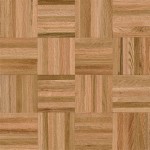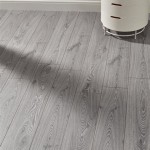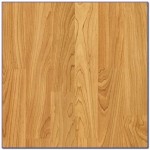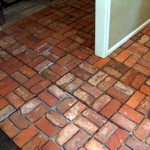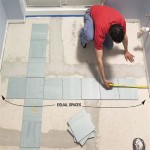Interlock Tile Flooring: Essential Aspects
Interlock tile flooring has gained immense popularity in recent years, offering a versatile and durable flooring solution for both residential and commercial properties. These tiles feature an innovative locking system that eliminates the need for adhesives or grout, making installation quick and hassle-free.
Benefits of Interlock Tile Flooring:
Water Resistance: Interlock tiles are typically made from waterproof materials, making them ideal for areas prone to moisture, such as bathrooms, kitchens, and basements.
Durability: The interlocking system creates a strong and stable surface that is resistant to wear and tear. Interlock tiles can withstand heavy foot traffic and are suitable for high-traffic areas.
Easy Maintenance: The smooth surface of interlock tiles makes them easy to clean and maintain. Regular sweeping or mopping is sufficient to keep them looking fresh.
Versatility: Interlock tiles come in a wide range of designs, colors, and textures, allowing you to customize your flooring to suit your personal style and decor. They can mimic the look of natural materials such as wood, stone, or ceramic.
Cost-Effective: Interlock tile flooring is a cost-effective option compared to traditional flooring materials. Its ease of installation and low maintenance costs also contribute to its affordability.
Installation Process:
Installing interlock tile flooring is relatively straightforward. The tiles are typically equipped with interlocking edges that fit together like puzzle pieces.
1. Prepare the Subfloor: Ensure the subfloor is clean, level, and dry before installing the tiles.
2. Plan the Layout: Determine the starting point and lay out the tiles in a desired pattern.
3. Lock the Tiles: Interlock the tiles by pressing them together firmly until they snap into place. Use a rubber mallet if necessary.
4. Trim the Edges: Trim any excess tiles around the perimeter using a utility knife or saw for a clean finish.
Maintenance and Repairs:
Maintaining interlock tile flooring is simple. Regular sweeping or mopping will remove dust and dirt. For deeper cleaning, use a damp cloth with a mild detergent.
In case of damage, individual tiles can be easily replaced without affecting the integrity of the entire floor. Simply unlock and remove the damaged tile and replace it with a new one.
Conclusion:
Interlock tile flooring offers a combination of durability, water resistance, versatility, and ease of maintenance. Its cost-effectiveness and simple installation process make it a desirable choice for both residential and commercial projects. By understanding the essential aspects of interlock tile flooring, you can make an informed decision about whether it is the right flooring option for your property.

What Are The Advantages Of Interlocking Tiles

5 Advantages Of Using Interlocking Floor Tiles Kcj Blog

Interlocking Tiles S Types Benefits And Maintenance

Interlocking Floor Tiles

Ideas For Pvc Interlocking Floor Tiles Flooring Supratile
What Are Interlocking Tiles And Where They Used

15 Reasons To Use Interlocking Floor Tiles Ecotile

Interlocking Floor Tiles For Flooring Color Red Grey Yellow Black At Rs 11 Piece In Bathinda

Red And Black Concrete Interlocking Floor Tiles 12 14 Mm At Rs 11 Piece In Gurgaon

Tips To Prepare Your Garage Floor For Interlocking Tiles All Floors
Related Posts

